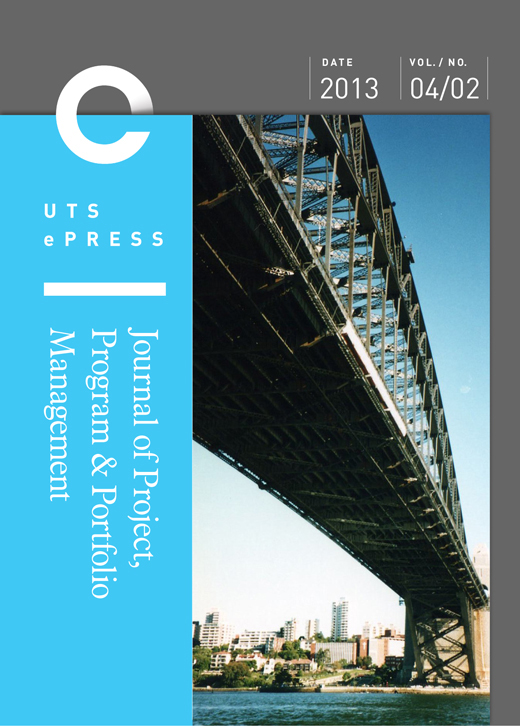Role and impact of social relationships and networks in a software project team environment – a conceptual framework
Main Article Content
Abstract
The establishment of social relationships between information technology (IT) project team members is a phenomenon all IT professionals are exposed to and, in many cases, involved in. Furthermore, these relationships are used by IT project team members for personal as well as professional purposes. The question is what positive or negative contributions do these kinds of relationships have on the project itself? Past studies have placed little focus on these social relationships and networks, and have failed to take cognisance of their importance in the IT project environment. This paper demonstrates that social relationships and networks in the IT project environment play a significant role in project teams and should be managed in such a way that the team members and the project as a whole can benefit from them. A partial grounded theory (GT) research approach was followed. Interpretive patterns from GT enabled inferences to be drawn about the role and impact of social relationships and networks in IT project teams. The research findings provide practical considerations and highlight potential problem areas. A conceptual framework is proposed to support management in decision making and to give them a better understanding of the complexities involved in such relationships.
Article Details
Issue
Section
Authors who publish with this journal agree to the following terms:
a) Authors retain copyright and grant the journal right of first publication with the work simultaneously licensed under a Creative Commons Attribution License that allows others to share and adapt the work with an acknowledgement of the work's authorship and initial publication in this journal.
b) Authors are able to enter into separate, additional contractual arrangements for the non-exclusive distribution of the journal's published version of the work (e.g., post it to an institutional repository or publish it in a book), with an acknowledgement of its initial publication in this journal.
c) Authors are permitted and encouraged to post their work online (e.g., in institutional repositories or on their website) prior to and during the submission process, as it can lead to productive exchanges, as well as earlier and greater citation of published work (See The Effect of Open Access).
d) Authors should be aware that the Creative Commons Attribution (CC-BY) License permits readers to share (copy and redistribute the work in any medium or format) and adapt (remix, transform, and build upon the work) for any purpose, even commercially, provided they also give appropriate credit to the work, provide a link to the license, and indicate if changes were made. They may do these things in any reasonable manner, but not in any way that suggests you or your publisher endorses their use.
